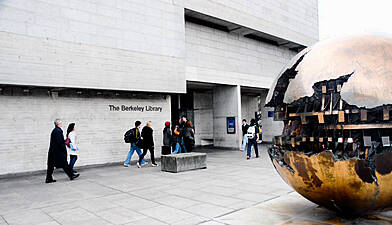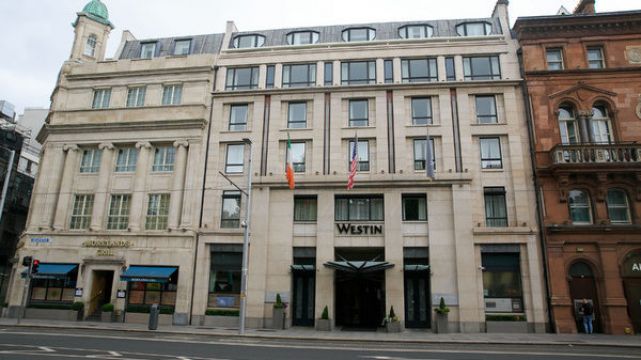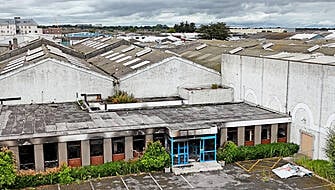The owners of the Westin Hotel in Dublin have backed down from changing its name to The Westmoreland due to links to slavery.
Last month it was pointed out that the proposed new name was associated with a defender of the slave trade.
The 10th Earl of Westmoreland was a lord lietentant of Ireland and also a defender of slavery and denounced attempts to end it.
The hotel is now to be named the College Green Hotel, following “feedback from patrons and others” about the rebranding of the business, general manager Joanne Dillon told The Irish Times.
The Westin is part of the US Marriott Group and a member of the Irish-owned and managed MHL Hotel Collection. It has seen extensive renovation over recent years at the cost of €10 million.
“College Green is one of the most historic yet contemporary and dynamic locations in Dublin where journeys converge at the heart of a bustling city,” said Ms Dillon.
“Having initially considered a renaming to The Westmoreland Hotel, we took on board the feedback from patrons and others, which alongside reflection on our environment and patron experience, informed our decision to opt for a new name.
“We are very excited to adopt The College Green Hotel as our new brand and are grateful to those who shared their views. It feels right for us and for our patrons, both now and for the future. We will continue as The Westin Dublin for the coming months and look forward to becoming The College Green Hotel at the end of the year.”

The move comes after nearby Trinity College announced in April that it would remove the name of a slave owner from its largest library.
First opened in 1967, the Berkeley Library was named after philosopher George Berkeley in 1978.
The institution said Berkeley, a former librarian at the university, published “some of his most important philosophical works” while at Trinity in the 1700s.
“He bought slaves, named Philip, Anthony, Edward, and Agnes Berkeley, to work on his Rhode Island estate in 1730-31 and sought to advance ideology in support of slavery,” the university added in a statement.







